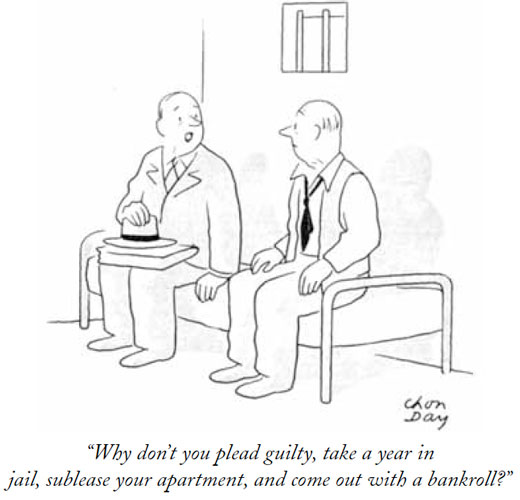1.
|
Gathering together your thoughts
and materials and write an outline of
your grievances with your board before you meet with your lawyer. |
2.
|
Type out your own affidavits as
Microsoft Word files and send them to
your lawyer by e-mail. The lawyer will edit and correct your documents. |
3.
|
Take digital photographs of
issues at the condominium. If relevant, they can be included in your
affidavits. |
4.
|
Do your own research. You can
look up tax records at city hall and
check business profiles on Service Ontario. Some court documents are
available for viewing at the courthouse on University Avenue. |
5.
|
Serve the court papers yourself
rather than use a server. That will save a lot of money. |
6.
|
Always be prepared and think out
what you need to discuss before you
see your lawyer so that there is less wasted time. Use e-mail when
possible. |

